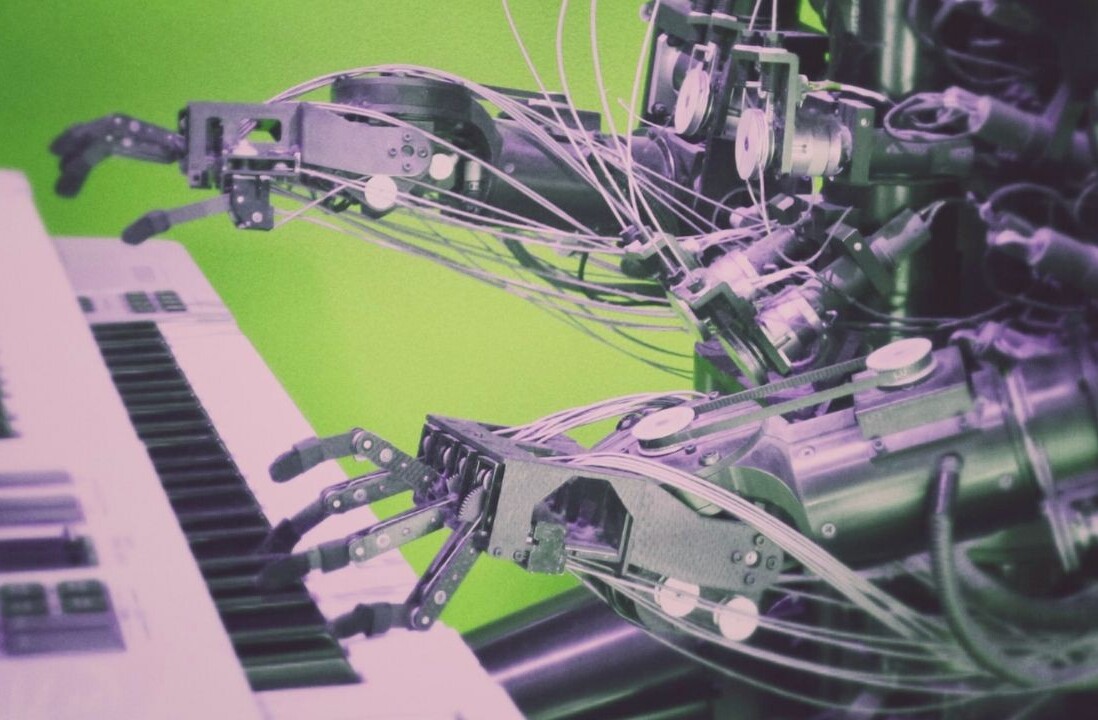
The original, concise, version of this article was published in Lantern, a publication that examines the business of living.
Collectively, human beings spend billions of hours playing games every week. It may sound like an epidemic, but gaming has its own benefits.
Companies are starting to consider gaming in potential recruits. Gaming helps people make faster decisions (with equal accuracy as slower decisions). And now, people can make a full-time career of playing video games (one guy makes millions).
Moreover, each individual can learn lessons from games that they couldn’t, or didn’t, pick up from school. For example, author Malcolm Gladwell said in an interview with The Guardian that as a child, he learned the power of relationships through games of Monopoly and Risk.
Gaming and enhanced creativity
While Monopoly taught Gladwell the importance of relationships at a young age, another board game taught a generation of writers how to tell stories. As the New York Times wrote in an interview with award-winning writer Junot Díaz:
Though Mr. Díaz never became a fantasy writer, he attributes his literary success, in part, to his “early years profoundly embedded and invested in fantastic narratives.”
From D&D, he said, he “learned a lot of important essentials about storytelling, about giving the reader enough room to play.”
Gladwell and Díaz aren’t alone in thinking that gaming aided their creative endeavors. A study conducted by Michigan State University, and published in research journal Computers in Human Behavior examined 491 respondents (middle school students) and found a correlation between time spent playing video games and increased creativity in tasks such as drawing pictures and writing stories.
Helping process and adjust to emotions
While the jury is still out on video games and violence, studies have shown that video games help youth relax and cope with anger. Gaming also helps people build greater emotional and social resilience.
More importantly, a recent study has shown that children who play video games in small amounts (for up to an hour a day) have higher life satisfaction, and are more sociable and less hyperactive than those who don’t play at all.
Gaming as an alternative to TV or substance abuse
For some, gaming didn’t teach anything. Instead, it served as an alternative to less stimulating activities for budding minds. Novelist Jon Michaud wrote in the New Yorker:
At a certain point, I gave up the war games and board games and retreated to the basement to co-habitate with the TV. A typical Saturday schedule for my twelve-year-old self looked like this: 8 to 11 A.M., cartoons; 11 A.M. to noon, Pro Bowler’s Association; noon to 3 P.M., Notre Dame football; 3 to 6 P.M., Movie of the Week; 6 to 8 P.M., Dinner, chores, family obligations, personal hygiene; 9 to 10 P.M., “The Love Boat”; 10 to 11 P.M. “Fantasy Island”; 11 P.M.: bed.
It was not a glorious time in my life. I hated reading. My grades were mediocre, and my parents were worried about my prospects. I didn’t know it, but I was simply waiting for the right game to come along—a game in which there were no winners or losers. That day finally arrived in the spring of 1979. It is only a slight exaggeration to say that Dungeons & Dragons saved my life.
Had it not been for Dungeons & Dragons, Michaud would have likely continued developing his habits as a couch potato – which could have eventually grown into its own addiction.
Even in cases of extreme gaming, it could be helpful to think about it as an alternative for habits or addictions that have much more alarming adverse effects. For example, the most serious gamers tended to avoid booze and drugs in the past:
Though its detractors see the game as a gateway to various forms of delinquency, I would argue that the reverse is true. For countless players, Dungeons & Dragons redirected teen-age miseries and energies that might have been put to more destructive uses.
How many depressed and lonely kids turned away from suicide because they found community and escape in role-playing games? How many acts of bullying or vandalism were sublimated into dice-driven combat? How many teen pregnancies were averted because one of the potential partners was too busy looking for treasure in a crypt? (Make all the jokes you want, but some of my fellow-players were jocks who had girlfriends; sometimes the girlfriends played, too.) How many underage D.U.I.s never came to pass because spell tables were being consulted late into the night? (It’s hard to play D. & D. drunk; it requires too much concentration and analytical thought.)
Today’s challenge is slightly different. In the past, gamers needed at least a few people to start, and perpetuate, a binge gaming session.
Today, it’s extremely easy to immediately find other people available and interested in playing, all the time. Forming social groups with these other binge players also means perpetuating the addiction and habits even further.
Closing thoughts
“Eras are what they are. It’s for us to adapt, not for the era to adapt to us. It’s not made to measure.” – Karl Lagerfeld, The World According to Karl
So gaming isn’t all rainbow and lollipops. Despite all its benefits (here are two more comprehensive reports), gaming can become an addiction with its own challenges.
In fact, with studios building in reward loops, social elements, and in-app purchases, today’s games are designed to be extremely potent. And people have neglected the real-world, to extremely severe and tragic consequences. And undoubtedly, they also come with some unpleasant side effects as well.
But compared to many other vices or substances out there, gaming is far from the most ominous. Understanding addiction becomes a necessity in order to help gamers manage the rest of their lives. In controlled doses, gaming can be viewed as a tool to that enhances thinking rather than damage it.
Read next: The legal loophole of advergames: How ads disguised as video games are impacting today’s youth
Image credits: OLIVER BERG/AFP/Getty Images
Get the TNW newsletter
Get the most important tech news in your inbox each week.






